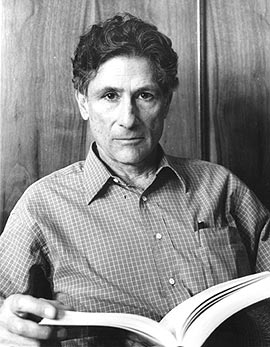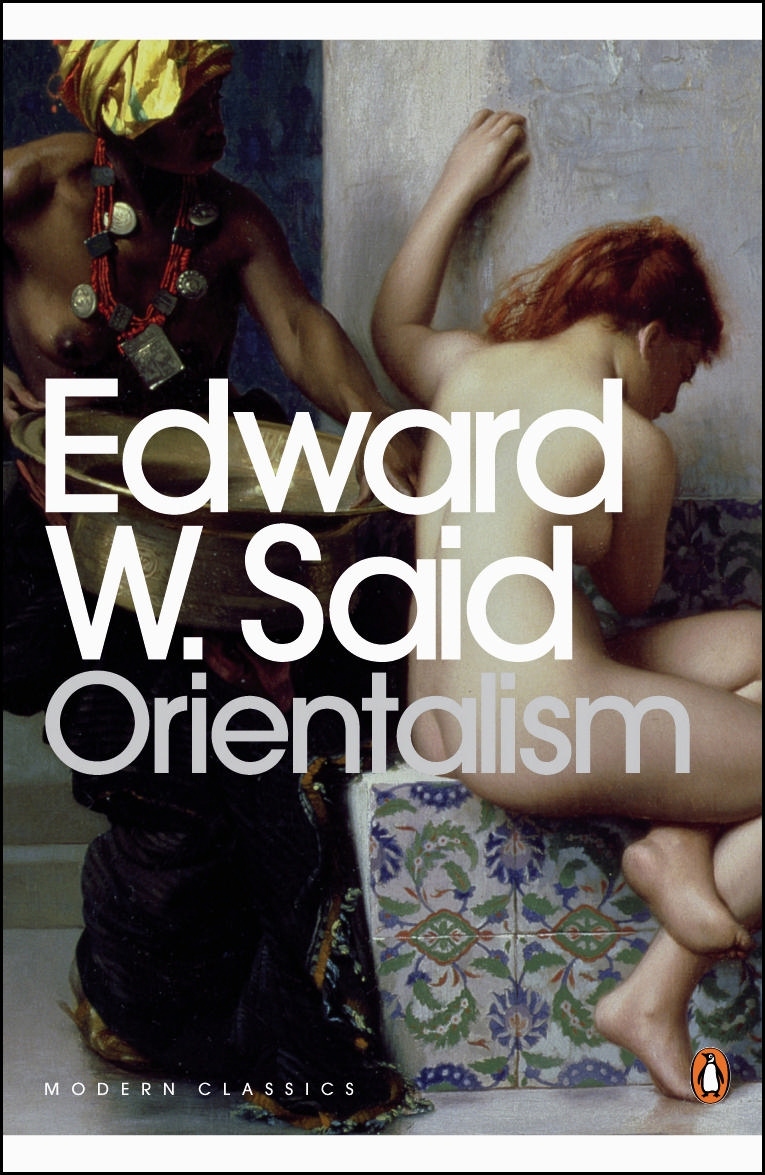by Brian Hioe
語言:
English /// 中文
Photo Credit: Public Domain
In conjunction with the Taipei Philosophy Book Club, New Bloom presents a new column, ‘Keywords’. ‘Keywords’ will review key terms from critical theory and philosophy as they are relevant to Taiwanese politics.
THE CONCEPT of Orientalism in the present has come to be shorthand for referring to the general process of exoticizing what is non-western. Notably, Orientalism for Said was specifically yoked to the practices of the British colonial empire. “Orientalists” were, for example, in the British colonial empire, specialists in Western Asia and the Middle East. However, in contemporary times, Orientalism is used to refer to the exoticization of anything “Eastern,” regardless of whether that refers to the Middle East, East Asia, or elsewhere. The concept of Orientalism is applied as well to locations beyond the purview of what is traditionally thought of as part of the “Orient”, for example, in relation to Africa.
It is to be questioned whether Said’s original formulation of Orientalism had as broad a purview, but this is largely the definition which is currently in use. Part of the confusion may originate from the fact that “Orient” has largely faded as a category in contemporary discourse, even if terms as “East” and “West” are still in use.
The process of exoticization that Orientalism entails often not only the formulation of the “Orient” as not only quintessentially different from western culture, but accords a specific set of characteristics to the Orient. The Orient is thought of as passive, feminine, but also mystic in nature. In the poem “Kubla Kahn”, for example, 19th century poet Samuel Coleridge depicts the Orient as what is in some way a site of mystical enlightenment, but also as something decadent, seductive, even erotic in nature.
 Edward Said. Photo credit: WikiCommons
Edward Said. Photo credit: WikiCommons
Said argues that the roots of Orientalist thinking in western thought go deep. In particular, we can draw out Orientalism in how many western Enlightenment thinkers conceived of Asia. Many see Hegel as the epitome of Orientalist thought in his characterization of Asian societies as a static, primitive society in which the germinations of spiritual thought were developed but we failed to advance beyond a certain point of historical development.
For Hegel, Asian societies were also thought of as despotic in nature, in which the only free individual was the individual. But in Hegel, as reflecting the general confusion about what the “Orient” referred to by Orientalism is, the referent of what he specifies as “Asian” is already muddled. Is Hegel referring to China, India, or Egypt when he speaks of “Asia”? That is unclear, although Hegel combines different characteristics of premodern Chinese, Indian, and Egyptian societies in his descriptions of Asia.
Yet in general, we can say that Orientalism formulates a conception of the Orient as devoid of the linear time characteristic of European modernity, but sees the Orient as “without history”, or cyclical in its relation to historical time. Hence, once again, a form of mysticism creeps into how non-western societies are characterized. But we also see how Asia is formulated as a society without individualism in the western mold, but instead characterized by unfree masses without individuality.

Photo credit: Penguin Books
Using the critique of Orientalist thinking, some have seen fit to critique question the totalizing claims about Asia of western philosophy. A prominent example would be Marx, who comes under fire because of the category of “Asian despotism” in his schema of historical economic development, which he seems to have inherited in part from Hegel. The critique of Orientalism would be that western thought projects certain notions onto how it formulates Asia, but that this is in truth projection, rather than what Asia actually is. The “Orient” is always constructed in opposition to what is thought of as the “West”, but we may argue that this notion of what the “West” is no less constructed in nature, seeing as it is predicated on being the opposite of what is thought of as “Oriental”.
With the widespread propagation of the term Orientalism, Orientalism is currently used as shorthand for this kind of projection and exoticization of Asia, not only in reference to the history of western thought, but in regards to contemporary phenomena. For example, the term is often used in the cultural studies. Some describe the fetishization of Asian women by white men in terms of Orientalism, for example. Some also describe the popularity of purportedly “Eastern” New Age religion as a product of western Orientalism. Again, it is to be questioned whether this pushes the limits of the original concept of Orientalism as formulated by Said, but the term proves useful shorthand. In some way, this reflects the poverty of our vocabulary, that there was a gap in the vocabulary that there would be a need for such a term.
However, if Orientalism would seem to be the western projection onto Asia, we may also consider the means by which Asians can themselves accept the terms of Orientalism or by which, similar to how westerners exoticize Asia by way of Orientalism, Asians can exoticize the West. Many Asians would seem to have internalized the notion that the West is more advanced than Asia, for example, or that Asia has some form of primitive spirituality which the West does not. “Self-Orientalism” as well as “Occidentalism”, then, are related terms which have emerged as developments from the original concept of Orientalism in recent years.

